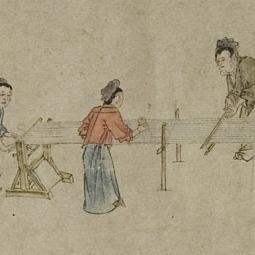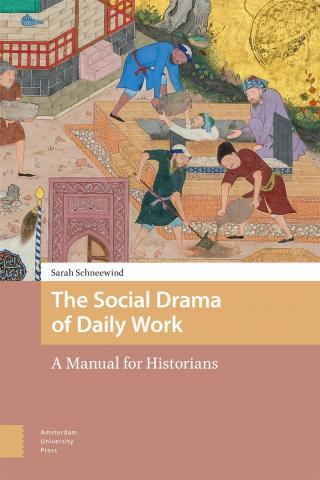
Sarah Schneewind graduated from Cornell in 1986, Yale with an MA in 1988, and Columbia with a PhD in 1999. In between she taught English in Jinhua and worked as a grant administrator at the National Endowment for Democracy in Washington, DC. She is currently Professor of History at the University of California, San Diego. She is the author of Community Schools and the State in Ming China, A Tale of Two Melons: Emperor and Subject in Ming China (Hackett, 2006), and Shrines to Living Men in the Ming Political Cosmos (Harvard University Asia Center, 2018). She has served as President of the Society for Ming Studies, runs the Ming History English Translation Project, and founded Ming In Southern California. During her 2022–2023 visit at the MPIWG, she finished a manual for historians on the Hughes framework of occupational sociology developed at the University of Chicago, forthcoming from Amsterdam University Press. She drafted an article on ability and authority (of lineage members, bondservants, and employees) in the sixteenth-century Minister of Rites Huo Tao’s Family Admonitions, and worked with Qiao Yang and the “Ability and Authority” Working Group to propose a special issue. She drafted part of a book on doorkeepers’ knowledge and authority in Ming China, and gave several presentations on the subject. She participated as a discussant in the 2023 workshop “Empire under the Night Sky” of the “Fenye in Local Gazetteers” Working Group.
Current Projects
Completed Projects
Publikationen
Selected Publications
Schneewind, Sarah (2024). The Social Drama of Daily Work: A Manual for Historians. Amsterdam: Amsterdam University Press. https://doi.org/10.5117/9789048559534.
Read More


